Japan Discovery Zen words is The best word “本来無一物 Honrai muichibustu”
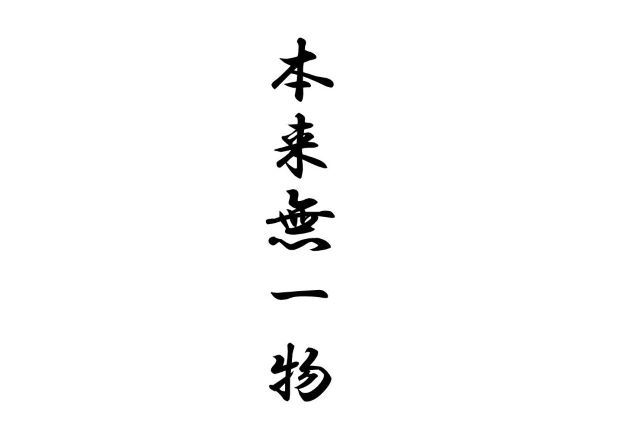
Zen is difficult. Zen word is also difficult. That’s why I interpret it as I please. I think that’s fine. Enou Zenji,Dogen Zenji, Ikkyu-san, and Ryokan-san are likely to say, “That’s fine, that’s fine. Let it be."
Today’s Zen word is “本来無一物 all things are essentially nothingness"

Words of Platform Sutra
“Originally, we have nothing" is found in the Sixth Patriarch’s Platform Sutra, a collection of sermons by the Tang Dynasty Zen monk Huineng. When we are born, we have nothing. Worries and obsessions are acquired later. If we know that we have nothing, we will be freed from many worries.
Huineng grew up in a poor family and could not read or write. He was able to enter a Zen temple, but was unable to become a Zen monk and lived there as a temple boy who “pounded rice." One day, he saw his teacher, Zen Master Shenxiu, writing a poem on the wall. It read, “The body is like a bodhi tree, and the mind is like a mirror. Work hard from time to time to wipe it away and do not let dust accumulate."
Huineng could not read, so he asked a young monk to read it to him. “The human body is a bodhi tree that blooms the flower of enlightenment, and the mind is as clean as a mirror. We must work hard every day to keep it free of dust." Huineng could not agree with the content of the poem. After much deliberation, he asked the monk to write his own poem.
“There was no bodhi tree, and no clear mirror on a stand. Originally there was nothing, so dust would not gather anywhere."Since their essence is nothing, dust does not accumulate on them. As long as you are conscious of wiping off dust, you have not attained enlightenment. Once you have attained enlightenment, you will no longer be conscious of dust.
The hierarchy in Zen temples is strict. A temple boy who could not even write argued with a high priest. The temple was in an uproar, and some people called for Huineng to be expelled from the temple for being disrespectful.
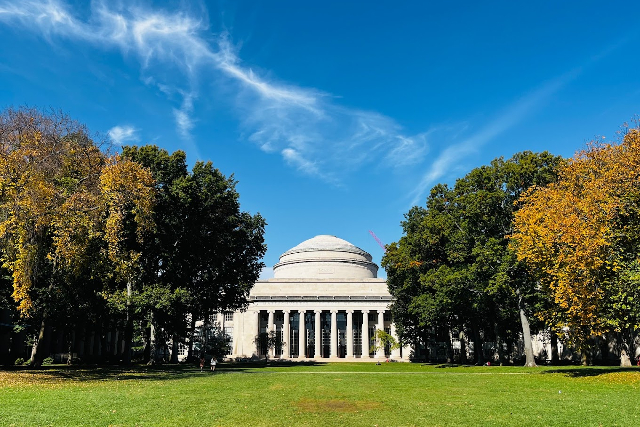
If Huineng is a modern student
Let’s consider this as a modern day event. The setting is MIT in the United States. A famous mathematician wrote an equation on the blackboard, and a young man working part-time (not a student) happened to see it. He thought the equation was not beautiful. His feeling only grew stronger. He didn’t understand English, but fortunately equations are numbers and symbols.
He ended up writing his own equation underneath the professor’s equation. His equation was more beautiful than the professor’s. Various opinions were flying around the campus, and it was a commotion. It may have been something like this.
Huineng was about to be kicked out of the temple. However, Shenxiu stopped him, saying, “In the world of Zen, status and complicated knowledge are not necessary." Shenxiu highly valued Huineng’s talent. Huineng had nothing since he was born poor. He couldn’t read, so he had no useless knowledge. That’s why he was able to reach the state of having nothing.
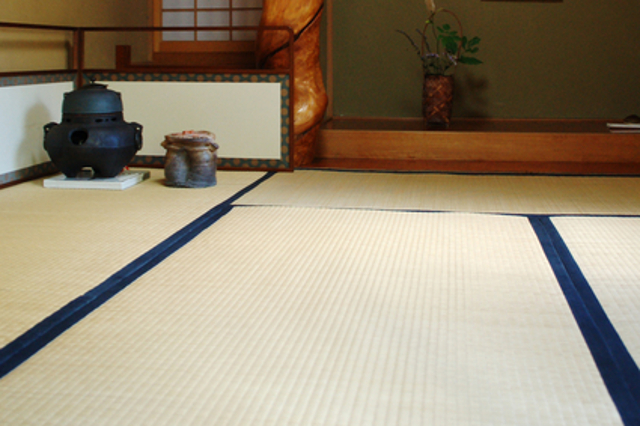
Sit half tatami mat, sleep one tatami mat
In Japan, there is a saying, “Sit down to half a tatami mat, lie down in one tatami mat." One tatami mat is the size of one tatami mat. A half tatami mat is half that. People can live with just that. No matter how glorious a person is, that’s all the space they need.
People are born with nothing and when they die they have nothing. Born from nothing and returning to nothing. When I think about it like that, it becomes futile to worry about wanting that thing, wanting a position.
It is said that Huineng became a Buddha in his own life and that he is still in China. What does he think of the present age when desires swirl? 本来無一物、喝!

のレン Tシャツ 禅 (ブラック) Mサイズ 半袖 綿100% プリントTシャツ ティーシャツ ゆったりサイズ メンズ レディース ユニセックス
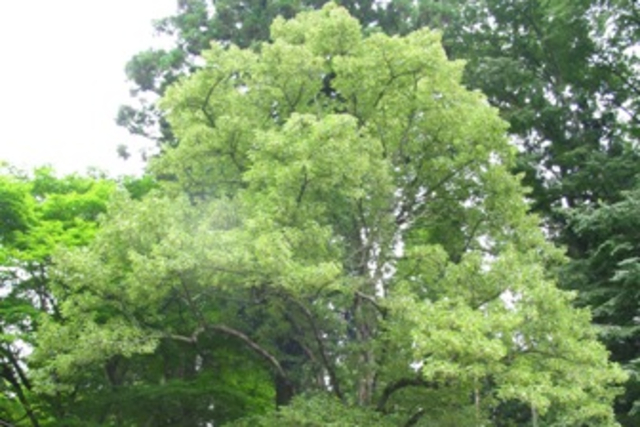
禅語は最高 「本来無一物」 物に囚われるな
禅は難しいし禅語も難しい、だから勝手に解釈して勝手に良いと思っている。慧能禅師や道元禅師、一休さんや良寛さんも「それで良い、それで良い、Let it be じゃ」と言ってくれそうな気がする。
今日は「本来無一物」である。
六祖壇教の言葉
「本来無一物」は唐代の禅僧、六祖慧能の説法集である六祖壇経にある。人は本来生まれてくるときは何も持っていない、悩みやこだわりは後から身につくものだ。本来無一物を知れば多くの悩みから解放される。
慧能は貧しい家に育ち読み書きができなかった。禅寺に入門できたが禅僧になれず「米つき」をする寺男として住み込んだ。ある日、彼は師である神秀禅師が壁に詩を書くのを見た。「身はこれ菩提樹、心は明鏡台の如し、時々に勤めて払拭し、塵埃を有らしめるなかれ」とある。
慧能は字が読めないので若い僧に頼んで読んでもらう。「人の身体は悟りの花を開くための菩提の樹である、心は鏡のように綺麗である。日々努力して埃がつかないようにしなくてはならない」慧能はその詩の意味が腑に落ちない。彼は悩んだ末にその僧に自分の詩を書いてもらった。
「菩提もと樹無く、明鏡また台にあらず、本来無一物、いずれの処に塵埃をひかん」
「菩提樹や明鏡はもとからあったものではない。本来は何も無い。本質は無であるからそこに塵埃は付かない。塵埃を払拭するという意識が残っている限り悟りは開けていない。悟りに至れば塵埃を意識することはない」と書いた。
禅寺の上下関係は厳しい。字も書けない寺男が高僧に反論したのだ。寺は騒然となり、無礼であるから慧能を寺から追放しろと言う者も現れた。
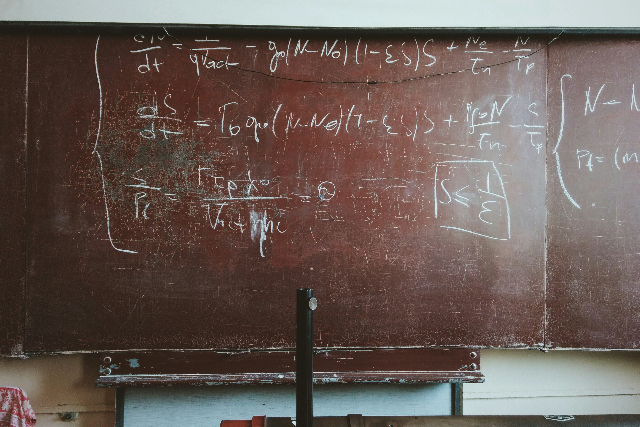
慧能が現代の学生だったら
これを現代の出来事として考えてみる。場所は米国のMITとする。高名な数学者が黒板に方程式を書いた、それをアルバイトの青年(学生ではない)が偶然に見た。彼はその方程式は美しくないと思う。彼のその気持ちは強くなるばかりだ。彼は英語がわからなかったが、幸いにも方程式は数字と記号である。
彼はついに自分の方程式を教授の方程式の下に書いてしまった。彼の方程式は教授のものより美しかったのである。学内は色々な意見が飛び交い騒然となった。このような状況だったかもしれない。
慧能は寺を追い出されそうになる。しかし神秀は「禅の世界に地位や小難しい知識は必要ない」と言ってそれを止めた。神秀は慧能の才能を高く評価したのである。慧能は貧しく生まれたときから何も持っていなかった。字が読めないので無用な知識も持たなかった。それゆえ本来無一物の境地にたどり着けた。
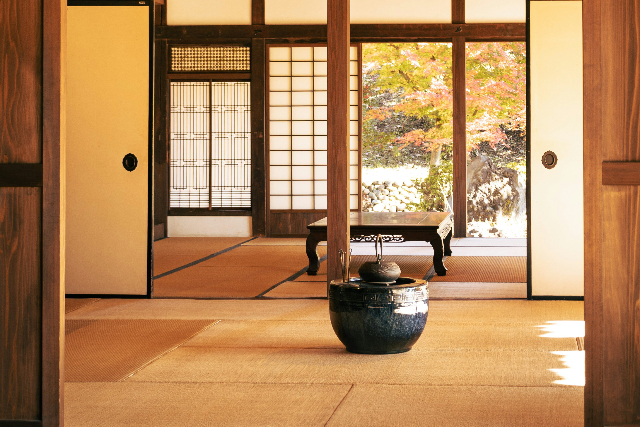
座って半畳、寝て一畳
「座って半畳、寝て一畳」という言葉がある。一畳は畳一枚の広さであり、半畳はその半分だ。人はそれくらいの広さがあれば生きられる。いくら栄華を誇っても必要な広さはそのくらいだ。多くを望む必要はない。人は何も持たずに生まる、死ぬ時は何も持っていけない。空から生まれて空に帰る。そう考えるとあれが欲しいとか地位が欲しいと悩むのが虚しくなる。人は本来無一物なのだ。
慧能禅師は即身成仏となり今も中国に居られるそうだ。欲望が渦巻く現代中国を見たらどう思うだろうか。本来無一物、喝!、かもしれない。

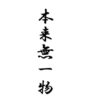
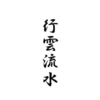

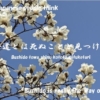
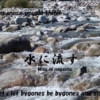
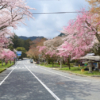
ディスカッション
コメント一覧
まだ、コメントがありません